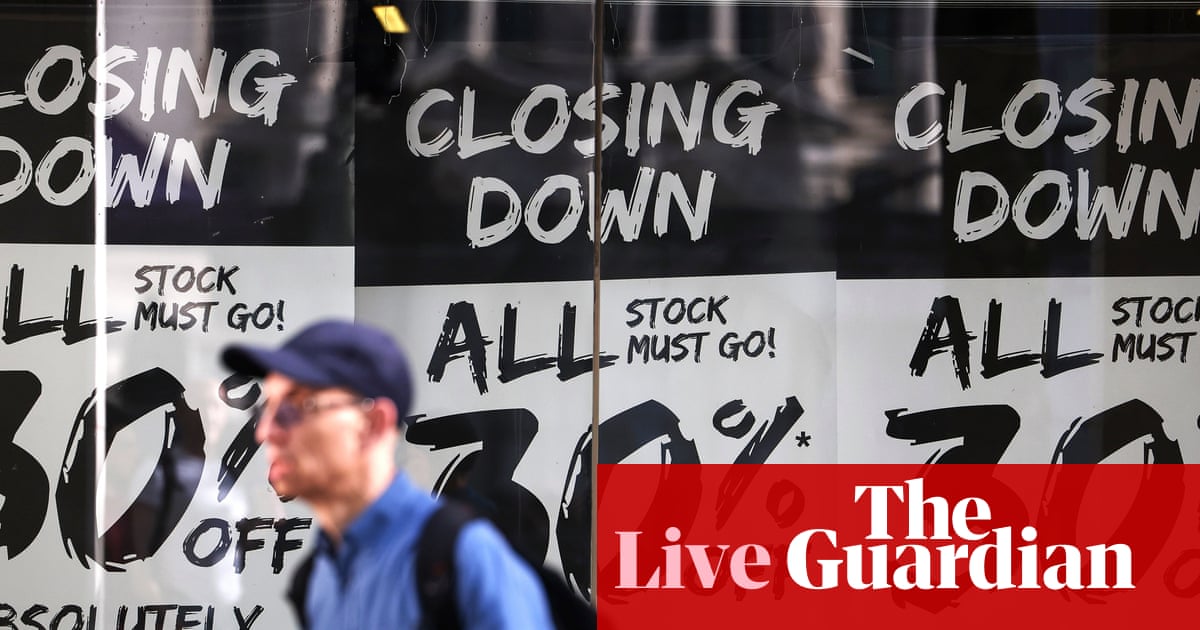T4K3.news
Trump demands pharma companies lower drug prices
Trump has called for lower drug prices from 17 major pharmaceutical companies, with a deadline set for September 29.

Trump's renewed push for lowering drug prices could face challenges from pharmaceutical companies.
Trump escalates demands for lower drug prices from pharma companies
President Trump has intensified his demands for pharmaceutical companies to reduce drug prices in the U.S. to match those in other wealthy nations. In letters sent to 17 major pharmaceutical companies, he requested that they align their prices with international standards by September 29. His specific requests included making drug prices available to Medicaid patients at lower rates, providing guarantees for Medicare and Medicaid, and shifting profits made abroad back to the U.S. However, the lack of clear enforcement and guidance has raised concerns about the feasibility of these demands as companies express uncertainty about how to proceed. Industry trade groups have criticized Trump's approach, suggesting that price controls could harm innovation and competitiveness in the U.S. pharmaceutical market.
Key Takeaways
"If you refuse to step up, we will deploy every tool in our arsenal to protect American families from continued abusive drug pricing practices."
This statement emphasizes Trump's aggressive stance on drug pricing reforms and suggests severe repercussions for non-compliance.
"Lowering U.S. drug prices... would undermine American leadership, hurting patients and workers."
This quote from PhRMA highlights the industry's fear of losing competitiveness and innovation as a result of price controls.
"The answer is to simplify the system... eliminating the middlemen who add no value."
This statement from the trade group BIO underscores an alternative perspective on tackling drug prices without imposing direct controls.
"Trump's demands are unachievable... given the significant negative implications for U.S. drugmakers."
Analyst David Risinger's warning points to the potential consequences of the requested drug pricing changes on U.S. competitiveness.
The challenge lies not only in the feasibility of Trump's demands but also in the high stakes for both consumers and pharmaceutical companies. The letters sent to these companies signal a more aggressive stance from the administration, yet they lack precise enforcement methods. The backlash from industry representatives highlights a fundamental tension between lowering drug costs and fostering innovation. As the debate unfolds, the administration may need to navigate a complex landscape of interests to achieve its goals without stifling the industry it seeks to reform.
Highlights
- Lower drug prices should not mean lower quality care.
- Big pharma's response reveals cracks in the administration's strategy.
- Price controls may hurt innovation more than help patients.
- Transparency in drug pricing is long overdue.
Potential backlash from pharmaceutical industry
Trump's demands for lower drug prices could lead to significant backlash from pharmaceutical companies. The lack of clear enforcement could exacerbate tensions and impact innovation.
The implications of these demands could reshape the landscape of drug pricing significantly.
Enjoyed this? Let your friends know!
Related News

Pfizer CEO attending Trump fundraiser amid price cut demands

Mortgage approvals increase as housing market stabilizes
:max_bytes(150000):strip_icc()/GettyImages-2227723534-b867774a1c2d4a538a289a44bae02b57.jpg)
Stocks Decline as Powell Shares Outlook on Interest Rates
:max_bytes(150000):strip_icc()/GettyImages-2227392128-f95994034c8f47c38408febb9d015a6c.jpg)
Stock Markets Climb as Earnings Reports Approach
Coca-Cola announces cane sugar version

Bristol-Myers Squibb and Pfizer stocks rise after Eliquis discount announcement

Company insolvencies drop in England and Wales

Tariffs remain steady for now
